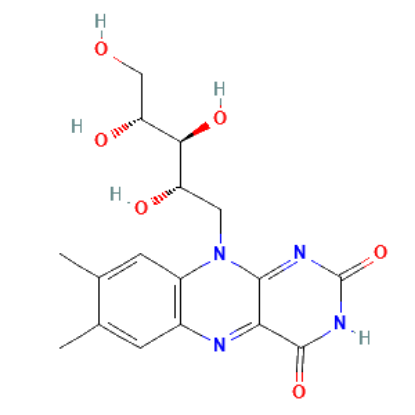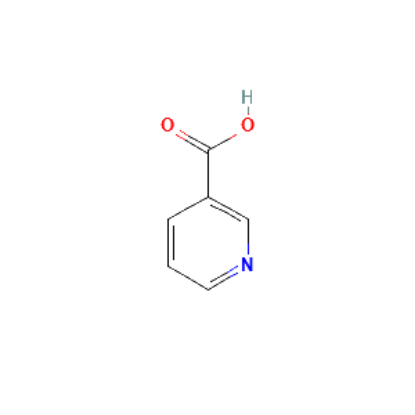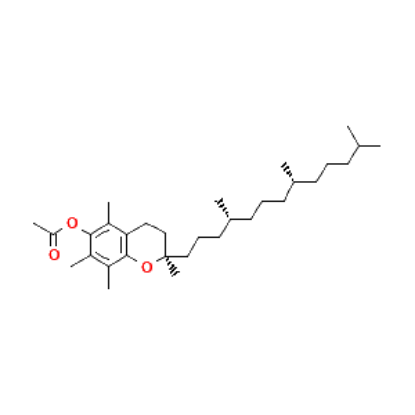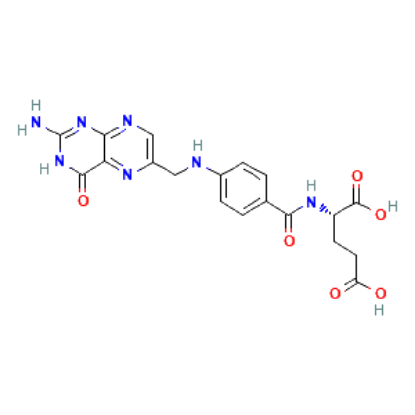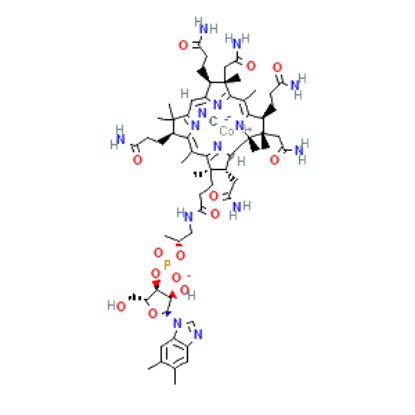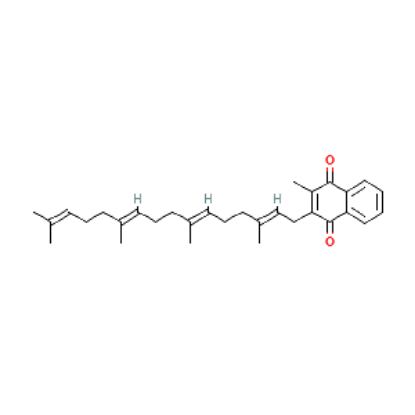ویتامین ها
ویتامین B2
ویتامین B2، یا ریبوفلاوین، یک ویتامین مهم از خانوادهٔ ویتامین B است که نقش مهمی در سلامت چشم، پوست، و سیستم عصبی دارد. این ویتامین به عنوان یک آنتیاکسیدان عمل میکند و در فرآیند تبدیل غذا به انرژی نیز نقش دارد.
ویتامین B3
ویتامین B3 یا نیاسین یکی از ویتامینهای گروه B است که در بدن انسان اهمیت زیادی دارد. نیاسین در فرایندهای متابولیکی مختلفی نقش دارد و به عنوان یکی از اجزای مهم در ترکیب مواد شیمیایی مورد نیاز برای تولید انرژی از مواد غذایی عمل میکند. همچنین، این ویتامین در حفظ سلامت پوست، حفظ سلامت سیستم عصبی، و کاهش سطح کلسترول خون نیز نقش دارد. نیاسین در مواد غذایی مختلف مانند گوشت، مرغ، ماهی، غلات کامل و میوهها یافت میشود. نقصان در مصرف این ویتامین ممکن است منجر به مشکلات سلامتی متنوعی شود، بنابراین حضور مقدار کافی از ویتامین B3 در رژیم غذایی اهمیت دارد.
ویتامین E استات
ویتامین E استات (Vitamin E Acetate) یک ترکیب شیمیایی است که از ویتامین E به عنوان یک آسیبزدای محافظتی استفاده میکند. این ترکیب به عنوان یک ایستگاه اضافی به محصولات مختلف مانند کرمهای پوستی و محصولات آرایشی اضافه میشود. همچنین به عنوان یک ماده افزودنی غذایی در برخی از موارد مورد استفاده قرار میگیرد. اخیراً به دلیل مشکلات بهداشتی مربوط به استفاده از ویتامین E استات در محصولات مرتبط با سیگارهای الکترونیکی و ترکیبات کانابینوئیدی، توجه جلب کرده است. برخی موارد نشان دادهاند که استنشاق این ترکیب ممکن است به مشکلات تنفسی و آسیب به ریه منجر شود.
فولیک اسید
فولیک اسید یک نوع ویتامین B است که در جذب اسیدهای هستهای و تقویت سلولها و بافتهای مختلف بدن نقش دارد. این ویتامین مخصوصاً برای زمان بارداری اهمیت دارد، زیرا به تشکیل سلولهای جدید نوزاد کمک کرده و خطر ابتلا به اختلالات نورولوژیکی در جنین را کاهش میدهد. همچنین، فولیک اسید به بهبود سلامت قلب، جلوگیری از برخی اختلالات خونی، و حفظ سلامت پوست نیز کمک میکند.
ویتامین B12
ویتامین B12 یک نوع ویتامین از گروه B است که نقش مهمی در فعالیتهای بیولوژیکی بدن دارد. این ویتامین مسئولیتهایی از قبیل حفظ سلامت سلولهای عصبی، تولید سلولهای خون، و حمایت از سیستم ایمنی را بر عهده دارد. منابع غذایی مانند گوشت، ماهی، تخممرغ و محصولات لبنیات میتوانند منابع خوبی از ویتامین B12 باشند. کمبود این ویتامین ممکن است منجر به اختلالات سلامتی مانند کاهش انرژی، مشکلات عصبی و اختلالات خونی شود.
ویتامین K2
ویتامین K2 یک نوع از ویتامین K است که نقش مهمی در سلامت استخوانها و قلب دارد. این ویتامین در انواع مختلف زندگی، به خصوص در غذاهای فرمنته مانند فرمنته کمترینهای ژاپنی (ناتو) و کفیر حاصل میشود. ویتامین K2 با تنظیم متعادل متابولیسم کلسیم در بدن، به استخوانها کمک میکند تا قوی و سلامتی حفظ شود. همچنین، این ویتامین احتمالاً نقشی در حفظ سلامتی عروق خونی و جلوگیری از تراکم خون نیز ایفا میکند.
- 1
- 2

